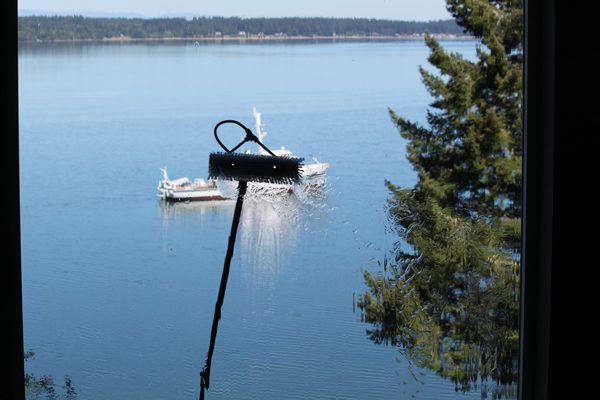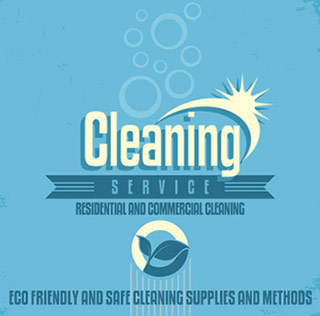Dirty Water
When we roll up our sleeves for our house cleaning duties, most of the time we are looking for the most efficient way to get the job done. Cheap products, maybe the ones that smell all nice and pretty, or even the one that kills ALL the germs. We are generally looking for the best of the best.
While these products might get the job done and the toilets, sinks, and other areas of our homes clean, we generally don’t think about the negative effects of the products we just used.
Where will it end up? Where does it all go? What will it end up doing?
Plants, animals, and yes, even humans are affected by the negative effects these chemicals carry into our water. It’s the same water that grows our crops, that our fish breed in, and that we drink and cook with.
Do you really want to be eating food that contains the same chemicals you clean your toilet with?
Most likely not.
So how exactly do these chemicals affect our water supply and what can we do to prevent overexposure?
Chemicals Affect the Life in Our Water
There are so many chemicals in basic household cleaning products that get washed down the drains and into our waterways every day. Phosphorus, ammonia, and nitrogen are the chemicals that get washed down in the largest quantities.
The air in our homes is also affected by different scented air cleaners, carpet cleaners, and pesticides that also seep into the water system. The chemicals in these are known as volatile organic compounds (VOCs).
While phosphorus, ammonia, and nitrogen are not harmful in small doses, the amount that gets washed down by cleaning supplies alone is insurmountable.
These chemicals have lasting effects that trickle down to every part of the ecosystem.
Overexposure to these chemicals makes plants’ life cycles accelerate at a rapid pace, causing them to die off in large masses.
This can also affect the life in the water as well. When plants die off in the water, the oxygen in the water is depleted, causing algae to grow excessively. The result of the algae growth causes fish and other water-numbered animals to die off.
In order to reduce the number of pollutants and chemicals we put into our water, we have to use alternative methods to replace the toxic products we use in our homes.
Alternative Methods
Alternative cleaning methods can be just as useful as the harmful products people normally use.
Using alternative cleaning solutions can help prevent overexposure of these harmful chemicals in the water supply.
Here are some alternative home cleansing methods you can use:
- To clean the toilet: baking soda and a mild detergent
- To clean glass: 1/4 cup of ammonia and a quart of water
- Floor Cleaner: 1 cup of vinegar in 2 gallons of water
If you don’t feel comfortable using these alternative solutions, you can always contact Scrubby Corp!
Scrubby Corp Enjoys Clean and Green!
Scrubby Corp is proud to be a part of the solution when it comes to greener cleaning. We recycle the water that we use by taking it to a water treatment facility to have all the chemicals cleaned out safely and securely.
Scrubby Corp wants to make sure you’re getting the highest level of quality cleaning while maintaining a safe and green environment inside and outside the home. Give us a call today and ask how we can make your home or business clean and green



